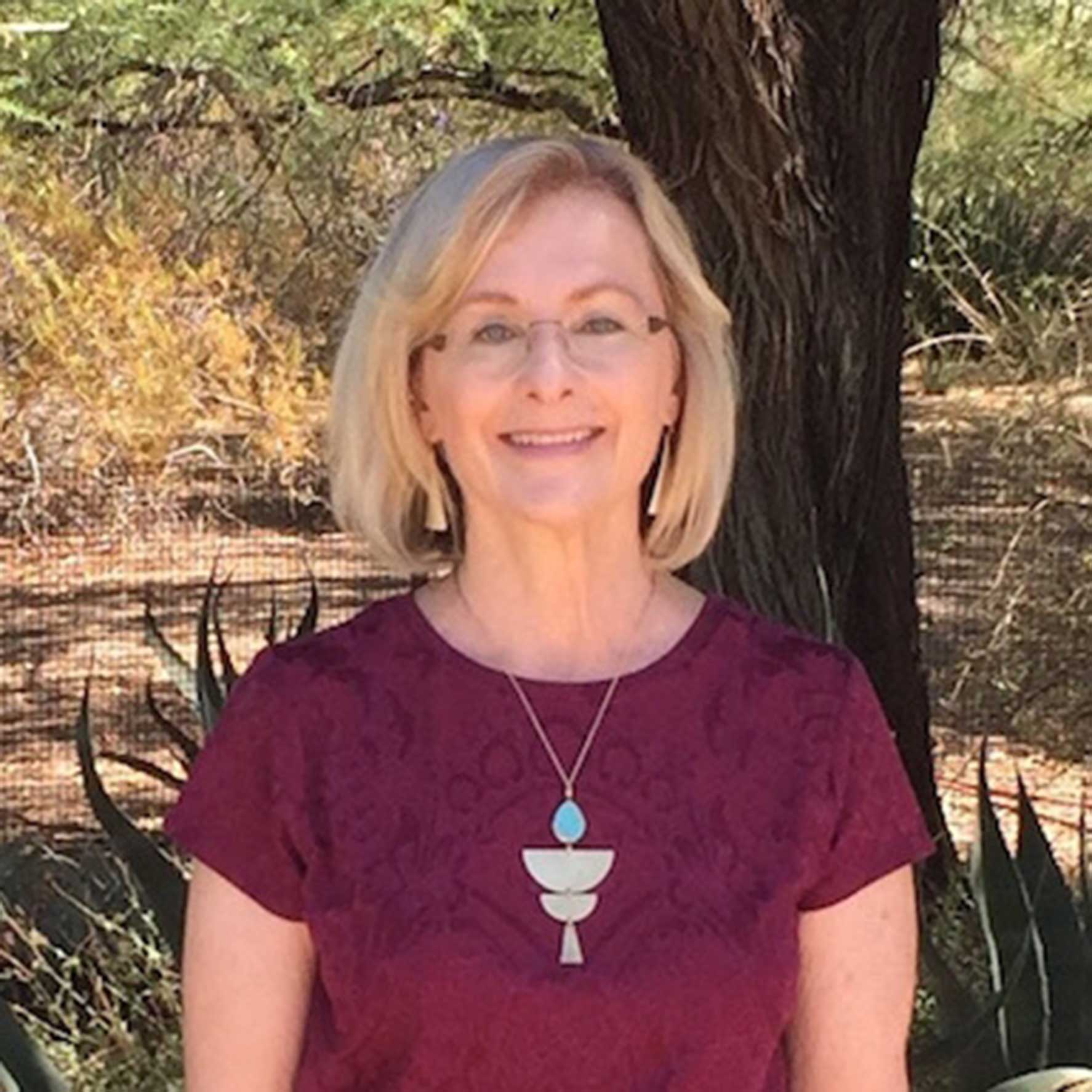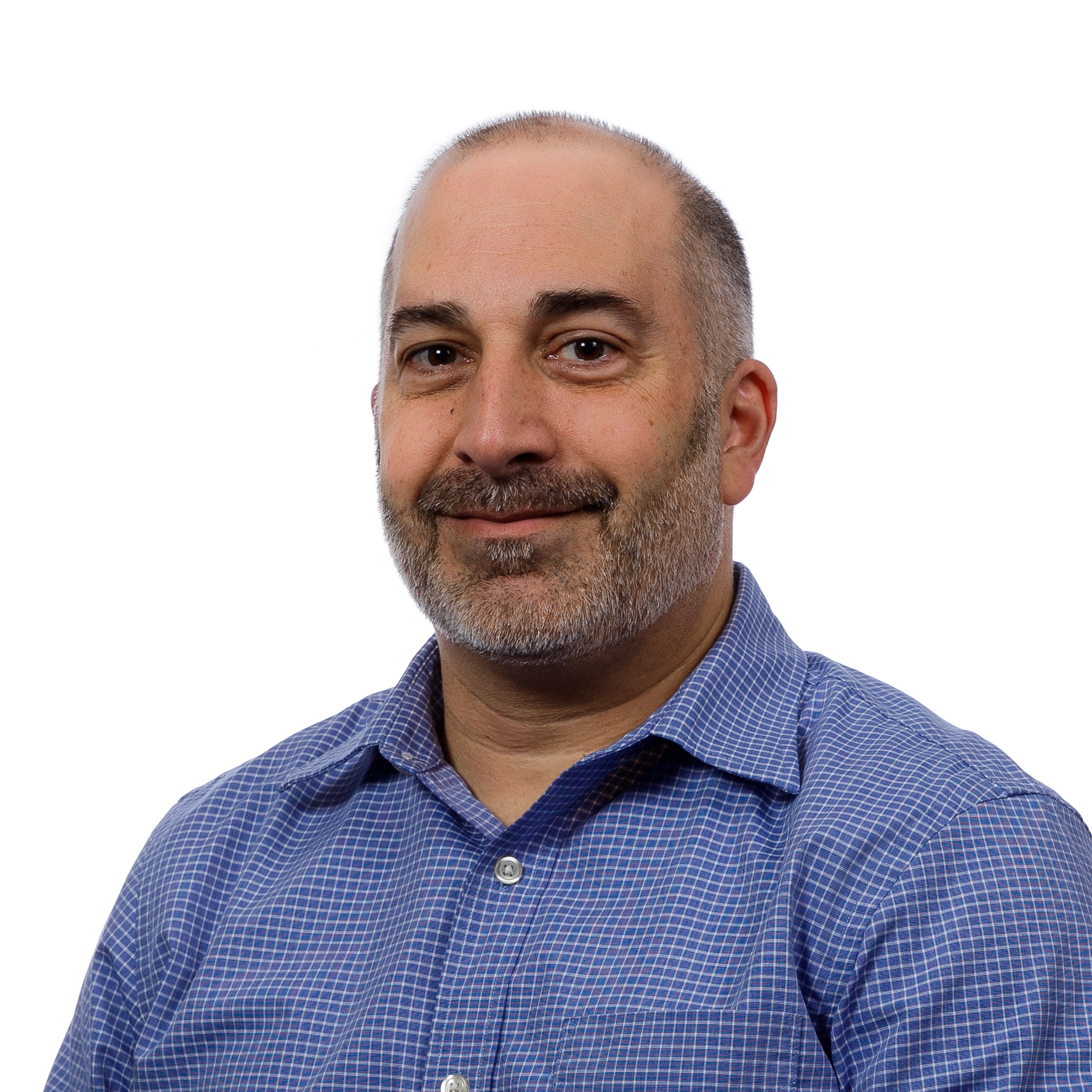Two new President’s Professors named
Joni Adamson and Michael Angilletta helped innovate how biological sciences, environmental humanities are taught
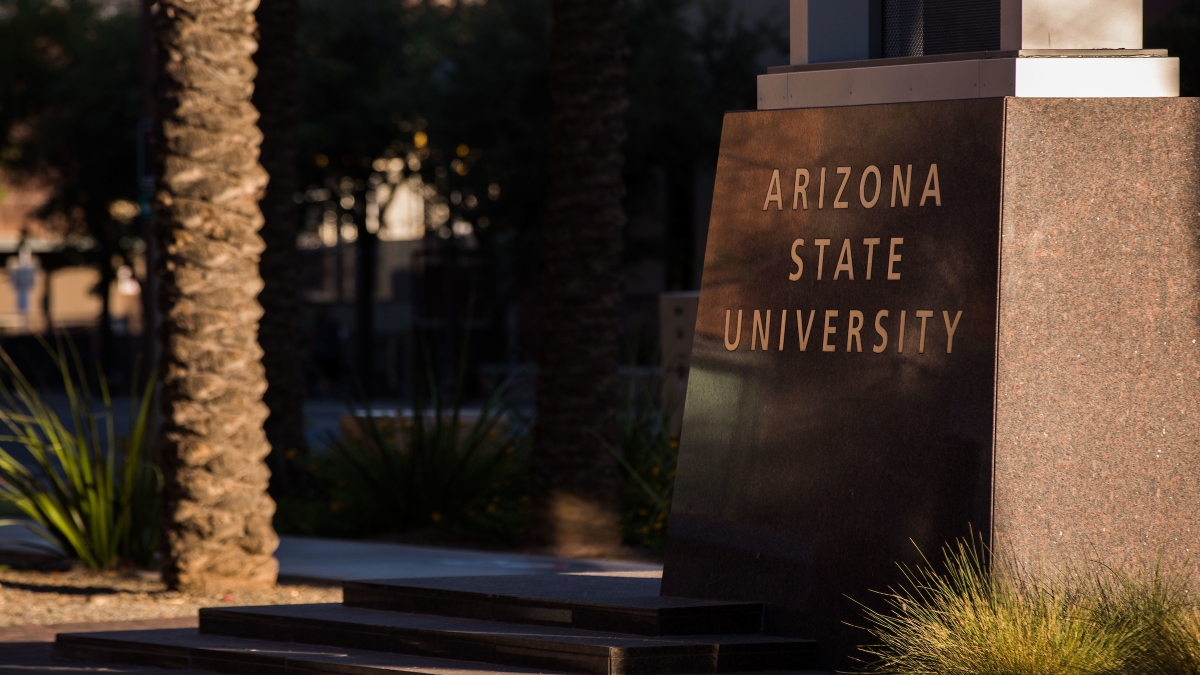
Two Arizona State University faculty members have been named President’s Professors, adding to the growing list since 2006 — the first year the designation was given out.
The new honorees are Michael Angilletta, a professor in the School of Life Sciences and the associate director of undergraduate programs, and Joni Adamson, professor of environmental humanities in the Department of English and director of the Environmental Humanities Initiative at the Julie Ann Wrigley Global Institute of Sustainability.
The recognition is given to faculty who have made substantial contributions to undergraduate education, and to faculty who have the ability to inspire original, creative works in their fields.
“We are proud of our colleagues’ outstanding work and dedication to achieve the vision of the New American University,” said Mark Searle, executive vice president and university provost. “The professors’ efforts have cultivated original thinkers who inspire beyond the classroom and contribute to the lasting commitment of the university’s learning goals.”
The criteria for the President’s Professor designation includes inspiring enthusiasm and innovation in teaching, mastering the subject matter and receiving scholarly contributions, and engaging students to become independent and creative thinkers inside and outside the classroom.
“ASU offers amazing opportunities to learn from individuals who are simultaneously leaders in their field and inventive educators devoted to nurturing intellectual curiosity and success,” ASU President Michael Crow said. “Those qualities are the hallmark of our President’s Professors, who enrich our world-class faculty and our communities through their excellence, creativity and impact.”
Learn more about the professors below.
Joni Adamson
Joni Adamson
Adamson joined ASU in 2006 and is the author and/or co-editor of eight books. Two of her published works, “American Indian Literature, Environmental Justice and Ecocriticism” (2001) and “The Environmental Justice Reader” (2002), helped shift the direction of the environmental humanities towards the acknowledgement of discriminatory social practices and environmental injustices.
In 2009, Adamson helped ASU reach a new milestone by launching the university’s first undergraduate Environmental Humanities Certificate that illuminates the physical and political dimensions of the environment, and the important ways that nature permeates the imaginative lives of humans culturally, spiritually, ideologically and aesthetically through literature, history, art, philosophy and food cultures.
The launch of the certificate, according to Adamson, “was the beginning of my extremely rewarding and joyful work with five groups: 1) undergraduates who take certificate courses, 2) dozens of honors students working on contracts and brilliant thesis projects, 3) students completing internships at Green Living Magazine or at solar companies or organic farms, 4) other ASU faculty teaching EH courses and 5) graduate students who are training to teach in the environmental humanities.”
In 2014, Adamson was honored with the Faculty Women’s Association Outstanding Mentor Award, and in 2019 she received the Benjamin N. Duke Senior Fellowship, one of the most prestigious awards in the humanities.
Michael Angilletta
Michael Angilletta
Angilletta joined the School of Life Sciences in 2010 and has helped lead a “revolution in biology education” through the development of the adaptive-learning platform BioSpine, which aims to align and reform the undergraduate curriculum in biological sciences.
Inspired by the educational possibilities online, especially to increase access to STEM education, Angilletta led the development of the first online Bachelor of Science in biological sciences. The tall task required incorporating lab courses — some experiments are too dangerous or costly to replicate at home. To solve the problem, he collaborated with Labster, a software company, and Google to develop a series of online lab courses in virtual reality. Google sponsored the development and marketing of 30 simulations, some developed by Angilletta.
Angilletta believes ASU provides students with the knowledge and skills needed to thrive in a rapidly changing society. He continues to invest in new online educational opportunities and corporate partnerships that “push the boundaries of educational technology.”
More Science and technology
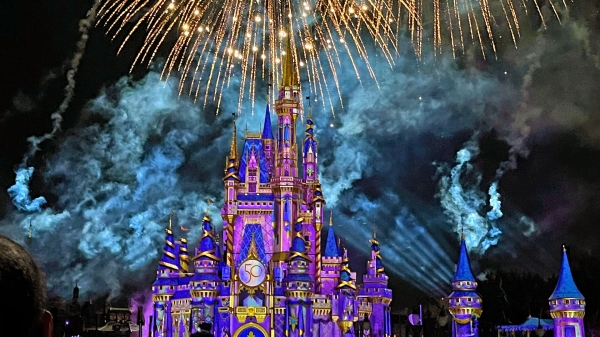
Making magic happen: Engineering and designing theme parks
The themed entertainment industry is widespread and diverse, encompassing everything from theme parks to aquariums, zoos, water parks, museums and more. The Theme Park Engineering and Design…
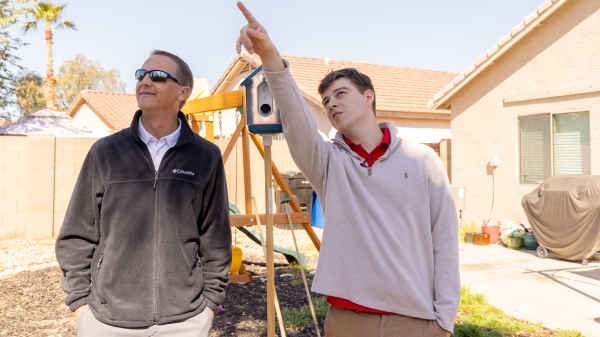
AI-equipped feeders allow ASU Online students to study bird behavior remotely
ASU Online students are participating in a research opportunity that's for the birds — literally. Online Bird Buddies is a project that allows students to observe birds remotely, using bird feeders…

National Humanities Center renews partnership with Lincoln Center for responsible AI research
The National Humanities Center has announced that Arizona State University's Lincoln Center for Applied Ethics is one of four organizations to receive funding for the second phase of their…
